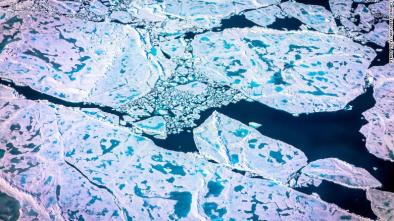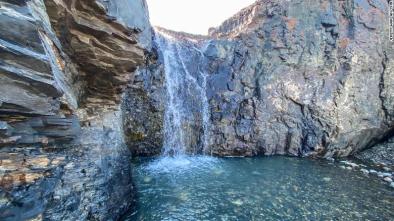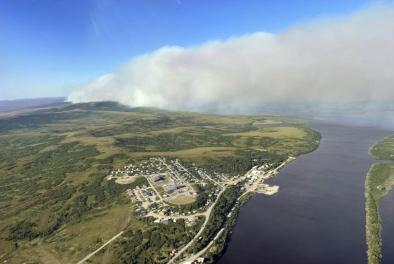Science Source
The influence of Arctic amplification on mid-latitude summer circulation
- States that most studies analyzing Arctic links to mid-latitude weather focused on winter, yet recent summers have seen strong reductions in sea-ice extent and snow cover, a weakened equator-to-pole thermal gradient and associated weakening of the mid-latitude circulation
- Reviews the scientific evidence behind three leading hypotheses on the influence of Arctic changes on mid-latitude summer weather: Weakened storm tracks, shifted jet streams, and amplified quasi-stationary waves
- Shows that interactions between Arctic teleconnections and other remote and regional feedback processes could lead to more persistent hot-dry extremes in the mid-latitudes
- Concludes that the exact nature of these non-linear interactions is not well quantified but they provide potential high-impact risks for society
Related Content
Science Source
| Communications Earth & Environment
The Arctic has warmed nearly four times faster than the globe since 1979
Rantanen, M., Karpechko et al
Headline

Aug 12, 2022 | Climate Nexus Hot News
The Arctic is warming four times faster than the rest of the world
Headline

Jul 21, 2022 | CNN
A 'Not Normal' Amount Of Greenland's Ice Melted Last Weekend
Headline

Jun 14, 2022 | Climate Nexus Hot News
Yup'ik People Defend Homes From Climate-Fueled Fires In Yukon Delta


